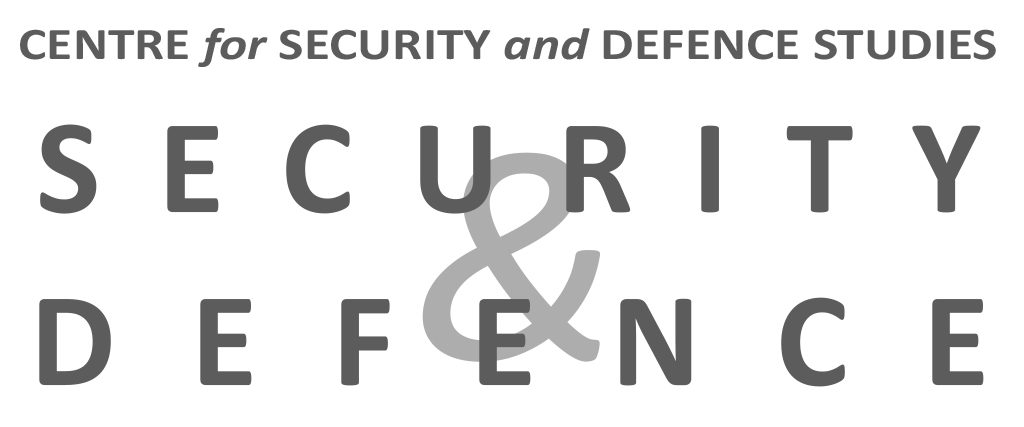
This e-Note first describes how Russia’s natural gas export to EU countries has long been a crucial element of the Kremlin’s foreign and domestic power politics. The pipelines that shipped the blue gold to Gazprom’s European customers also gave leverage to countries they crossed, such as Ukraine. However, the last fifteen years have been a tumultuous period for Europe’s natural gas sector. The EU adopted the Third Energy Package, which liberalised the gas market. In terms of costly investments in gas transport infrastructure, some countries have built pipelines connecting them to new suppliers in order to correct their strategic overreliance on Russian gas. Others doubled down on Russian gas imports, by bypassing traditional transit countries through the Nord Stream pipelines. Moreover, technological innovation allowed countries worldwide to shift to liquified natural gas, which allowed gas to be transported by ship.
This e-Note asserts that all this enabled a strategic shift from a market dominated by long-term, politicised contracts to free market dynamics. It then considers the incentives that natural gas trade gave Ukraine to launch its incursion in Russia’s Kursk oblast. Finally, it analyses the implications for the future course of the Russo-Ukrainian war, as well as the potential prospect of increased tensions in the wider Central and Eastern European region.
Research lines: Europe; Eurasia
© Image purchased under Standard License from Shutterstock.com, reference order ID CS-0A32D-286B.

